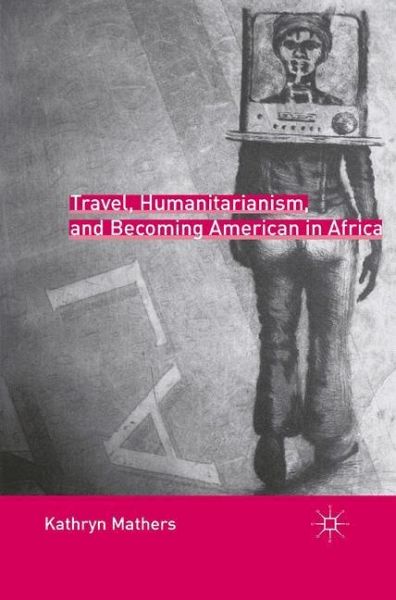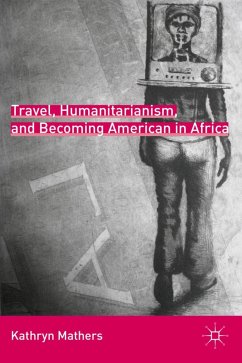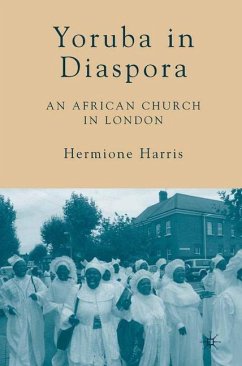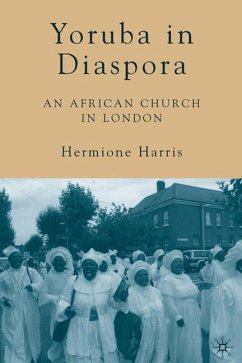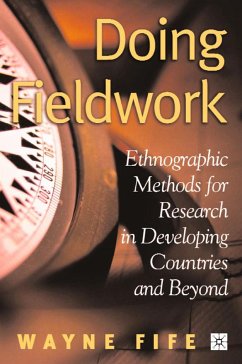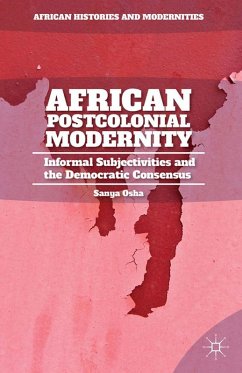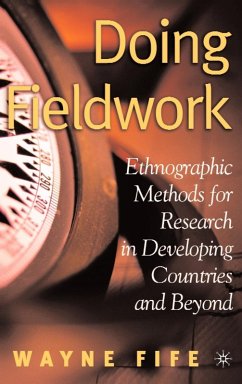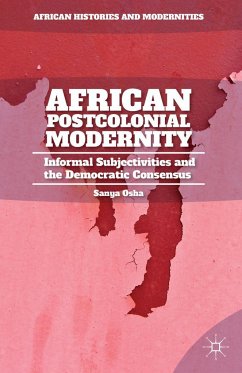"In this book Kathryn Mathers tackles head-on the complexities of the tourist experience, affording none of her readers any opportunity to escape from confronting what travels to 'Africa' mean for both those who make the trip, or those who gaze upon the tourist in their midst. Drawing on the richness and density of her multi-sited and multi- dimensional fieldwork with a range of 'Americans' who traveled to South Africa for a wide array of stated purposes, in sophisticated yet lucid writing she demonstrates how the experience unsettled who the travelers imagined themselves to be when faced with the reality of how those in South Africa saw them. The ride was not always comfortable, but it was unquestionably a compelling and powerful
encounter. In a nuanced and provocative way, Mathers embroiders actions and commentaries of journalists, travel writers and even American celebrities into the tangled web of how the idea of 'Africa' and travel to such a mythical place is a heavily burdened, even treacherous journey. This work is an important and timely contribution to fields such as anthropology, cultural geography, the sociology of leisure, and tourism studies. It draws brilliantly on the powerful lens of tourism and travel to think through the unsettling complexities of the experience of mobility across the globe in the twenty-first century." - Julia Harrison, Professor of Anthropology, Director, Frost Centre for Canadian Studies and Native Studies, Trent University
"This is a timely and original work. Indeed it is a model of what contemporary anthropology can do, confronting morality and identity in a globalized world, where media personalities, genetic analyses and roots tourism are foundational to arguments about personal and international relations. It is fitting that this multi-sited ethnography is written by a South African about Americans on the move both in her country and in their homeland. This is the professional 'reverse gaze' about self-discovery and transformative encounters with 'the other.' Through detailed attention to individual travelers and to broadcast media, Mathers reveals the continuities of moral self-protection in new forms of 'the White Man's Burden' in a postcolonial but nevertheless dominant American cultural empire. In our post 9/11 world with a son of Africa as President of the U.S.A., this challenging book deserves an audience far beyond the ivory towers of academia." - Nelson Graburn, Professor of Anthropology in the Graduate School, University of California, Berkeley
